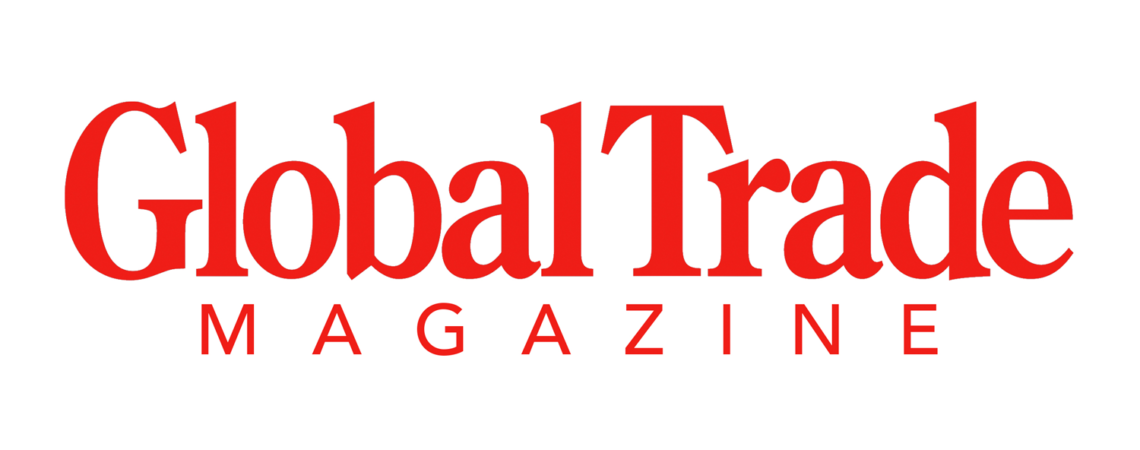Lessons from sanctions can be applied to the global pandemic response.
Ailing Relations
Iran has been among the worst affected countries from COVID-19, having emerged as an early hotspot outside China. As of April 7, there were an estimated 62,589 confirmed cases with over 3,800 deaths.
Iran’s cases appear to have peaked in late March, but exact numbers are unknown due to the secretive nature of its totalitarian regime. Other countries throughout the Middle East began reporting cases in late February and continue to battle spread of COVID-19 due to travel linked to Iran.
U.S. offers of assistance were rejected by Iran’s Supreme Leader Ayatollah Ali Khamenei, who said publicly on March 22, “You might give us a medicine that would spread the disease even more or make it last longer.”
According to the U.S. State Department, the United States has offered more than $100 million in medical assistance to foreign countries, including to the Iranian people, and reports that Iranian health companies have been able to import testing kits without obstacle from U.S. sanctions since January.
The U.S. government has urged Iranian leaders to be more truthful about its efforts to contain the virus.
Humanitarian Trade Exemptions
U.S. economic sanctions against Iran include a general exemption for U.S. exports of agricultural commodities, food, medicines and medical devices to Iran and an authorization process to obtain licenses for a specific list of medical supplies and equipment not covered under the general exemption. Such licenses are usually given for one year.
The U.S. government recently reinforced its messaging that sanctions are directed at the Iranian regime, stating: “[Sanctions] are not directed at the people of Iran, who themselves are victims of the regime’s oppression, corruption, and economic mismanagement.”
A 2019 Congressional Research Service report suggests U.S. sanctions have limited access by the Iranian population to “expensive Western-made medicines such as chemotherapy drugs,” due to a lack of bank financing for such transactions and that the limited supplies that exist have gone to elites.
Role of Financing
Between 2018 and 2019, overall U.S. trade with Iran went from small to very small under tightened sanctions. In 2018, U.S. exports to Iran were valued at $425.7 million. In 2019, U.S. exports had decreased 82 percent to $73.1 million.
Underlying that decrease in trade, even of humanitarian-related goods and services, reflects a tendency toward over-compliance by banks and multinational firms that avoid transactions with Iran to minimize possible violations of U.S. sanctions.
Doing so, even inadvertently, could cut off their access to vital U.S. financial markets. The U.S. government has also explicitly cited concerns about the Iranian regime’s abuse of humanitarian trade to evade sanctions and launder money.
To close these loopholes, in October 2019 the Treasury Department announced a new payment mechanism “to facilitate legitimate humanitarian exports to Iran.”
The measure restricts the role of the Central Bank of Iran in facilitating humanitarian trade, which the U.S. government views as financing terrorism. It also imposes rigorous reporting requirements to thwart diversion of funds intended for humanitarian use.
By late February 2020, as the COVID-19 medical crisis unfolded in Iran, the U.S. Treasury Department issued a general license authorizing certain humanitarian trade transactions involving the Central Bank of Iran while also approving the use of a Swiss financial channel to finance such transactions.
The Swiss Humanitarian Trade Arrangement (SHTA) enables Swiss-based exporters and trading companies in the food, pharmaceutical and medical sectors to access a secure payment channel with a Swiss bank to guarantee payments for their exports to Iran.
Novartis was the first Swiss company to send medicine for use in cancer treatments. Germany, France and Britain have also used this new channel to offer a $5.5 million package to Iran to help fight the coronavirus.
To see the full article, click here.

